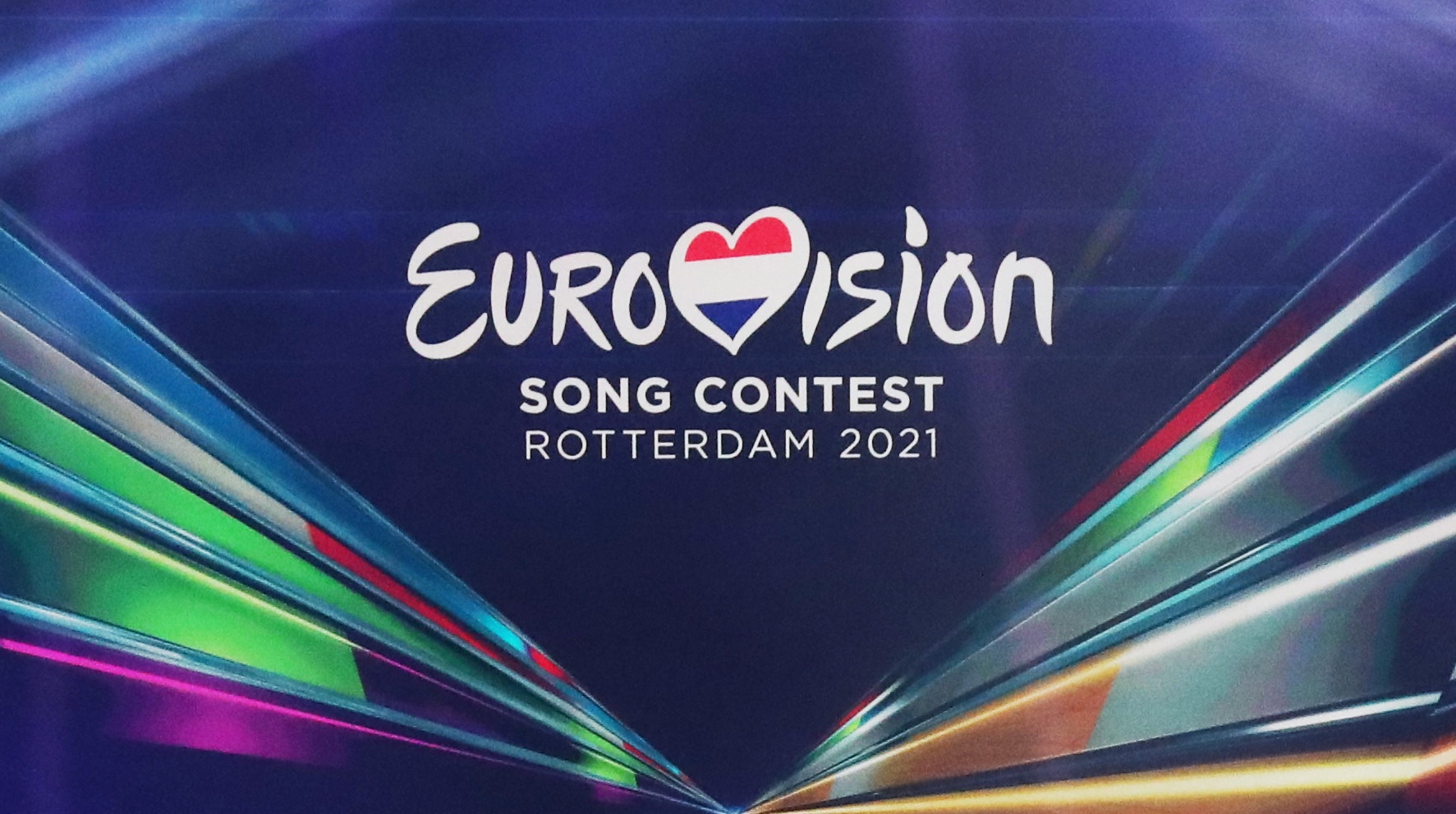Why did the UK receive zero points in the 2021 Eurovision Grand Final? The British public seem to have made up their mind, and we can’t say that we are impressed.
So, what were their conclusions?
“It was just because of Brexit”
We can assure you that when the Eurovision viewers looked through the list of the countries that they could vote for, they were not thinking about how much they dislike the UK. To most European countries, the UK is just one country out of the 26 competing, no more important or significant.
To believe that Europeans chose not to vote for the UK out of spite, assumes that not voting for the UK was a) not an obvious choice and b) a conscious, political decision. It was neither. It was not a question of “oh, the UK’s song was so good, I would have voted for it, if it wasn’t for Brexit.” It was a question of “the UK wasn’t good, let’s not vote for them.”
And, we are sorry to break it to you, not all European countries are EU member states. Neither Switzerland nor Iceland are EU members, for example. Furthermore, Australia is now a regular, participating country in Eurovision- do you think their votes are based on European (geo)politics?
“Everybody hates the UK”
Four countries, including the UK, received nul points in the popular vote. The UK is not that special. Other countries perform badly too.
If there was no semi-final process, there might very well have been other double 0’es, and the UK would probably not have made it to the final. The UK isn’t extraordinarily bad, just bad at the latest stage of the competition.
“It was all due to bloc voting”
Countries do vote for their cultural allies- Cyprus and Greece, Austria and Germany and the Nordics are some examples. However, country blocs are inclusionary, not exclusionary: they are based on a few select “best friends”, not a case of a list of countries to bully. Israel and Azerbaijan are clear examples of this, getting away with controversial political decisions.
Sure, the ties to Austria might have granted Germany three points, but Germany still placed second to last. Being part of a voting bloc does not guarantee winning, you need to be popular across Europe, just as Italy was. For the most part, it is simply a matter of song and show quality, and on this occasion, the UK wasn’t good enough. Both Ireland and Australia, two possible friends of the UK, seemed to share this view.
“All the other songs were terrible”
No, they were European. Beautifully, weirdly European. A range of languages, a range of people, a range of musical styles. The absence of English in the top three winners is symbolic of Europe’s pride in its linguistic diversity. The rest of us Europeans have grown up listening to songs (on the radio!) in multiple languages – it is time you were introduced to the concept. Perhaps the UK should “open up”, as the contest’s slogan suggested, to more European music.
The way forward…
James Newman embraced his defeat beautifully, to the applause of his opponents and the arena. The masses of the UK, however, refused to accept defeat, blaming not their own effort, but Europeans as a whole. It is both petty and childish.
In Norway, we congratulated Italy, and declared that whilst not winning in Rotterdam, Tix for sure captured our hearts, and we are so proud of him for all he has done. If you cannot say the same for the British entry, you might have found the reasons for your nul points.
Overall, despite the UK’s performance, it was great to watch Eurovision and see the European community together again after a two-year hiatus.
Freja Ellefsen and Jess Garnett

